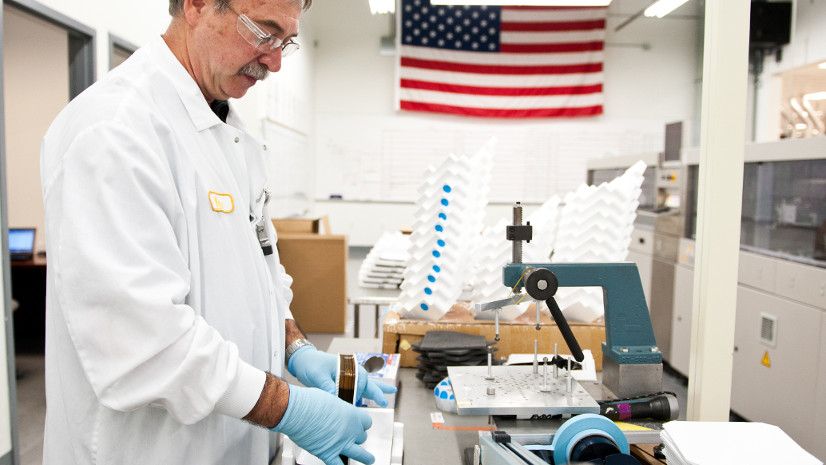It has been very difficult for Western manufacturers to survive the multiple rounds of price collapses in the PV cell and module space. And late yesterday, the latest company fell victim to a global environment of oversupply and unsustainably low prices: U.S. PV cell and module maker Suniva.
Late yesterday Suniva filed voluntarily for chapter 11 bankruptcy, two weeks after laying off 131 employees without notice and closing its 200 MW module factory in Michigan. The company’s financial troubles appear to be quite serious, as it reports assets of $10-50 million, but ten times that many liabilities.
Rumors had been circulating for months that Suniva was not paying its vendors, and bankruptcy court filings appear to support this. And while the company estimates that funds will be available for distribution to unsecured creditors, there is unlikely to be enough to go around for the 200-300 reported creditors given the large difference between the asset and liability levels reported.
Suniva’s creditor list reads like a who’s who of the global solar industry. Among the top 30 are Wacker Chemie, Silfab, SunEdison Singapore, Hereaus, Lerri Solar, Centrotherm, Meyer Burger, DuPont and even the U.S. Department of Energy. Wacker Chemie, Woongjin Energy and Silfab are the largest creditors, with each owed over $4 million.
Some relief may arrive in the form of debtor-in-possession financing, and asset management firm SQN has agreed to provide $4 million as part of the bankruptcy filing. Suniva has additionally filed to continue to pay the wages of those employees which are still at the company following its massive layoffs.
Aside from Suniva itself, the company to be most affected by this bankruptcy is Shunfeng, which owns a 63% share of Suniva’s stock. Shunfeng reported a $38 million impairment loss due to its investment in Suniva, and has further set aside $33 million for potential financial liabilities. In 2016, Shunfeng shared in Suniva’s $12 million loss.
Despite Shunfeng’s majority ownership, Suniva’s chapter 11 bankruptcy filing speaks of Chinese manufacturers introducing a “flood” of cheap, subsidized PV cells and modules, and asks for trade relief in the form of higher trade duties or restrictions on the quantity of imports. In fact, Suniva states that the most important use of its DIP financing is to prosecute the trade case.
It is not surprising that Shunfeng’s explanation is somewhat different, declaring that “the business of Suniva has been severely impacted due to the continuous import of solar modules from other photovoltaic manufacturers in southeast Asia at a decreasing cost”, and certainly not asking for higher tariffs on Chinese products.
More information will be added to this story as it becomes available.
This content is protected by copyright and may not be reused. If you want to cooperate with us and would like to reuse some of our content, please contact: editors@pv-magazine.com.



Be good to know how and if existing 25 year solar module warranties will continue to be honored.